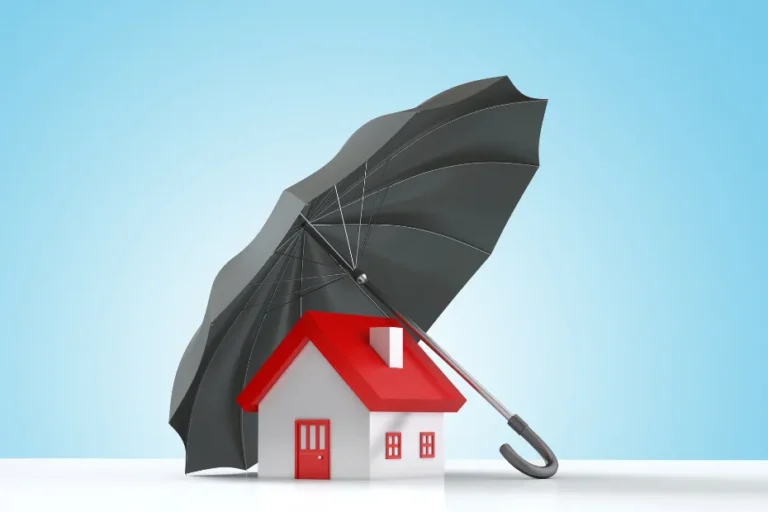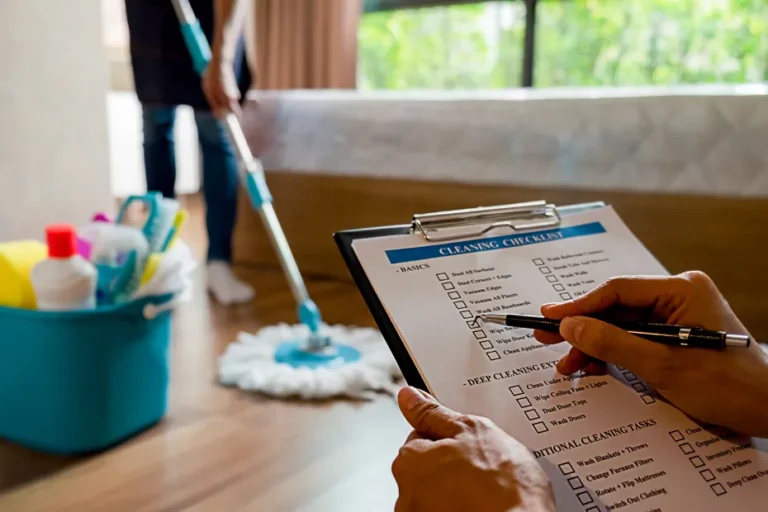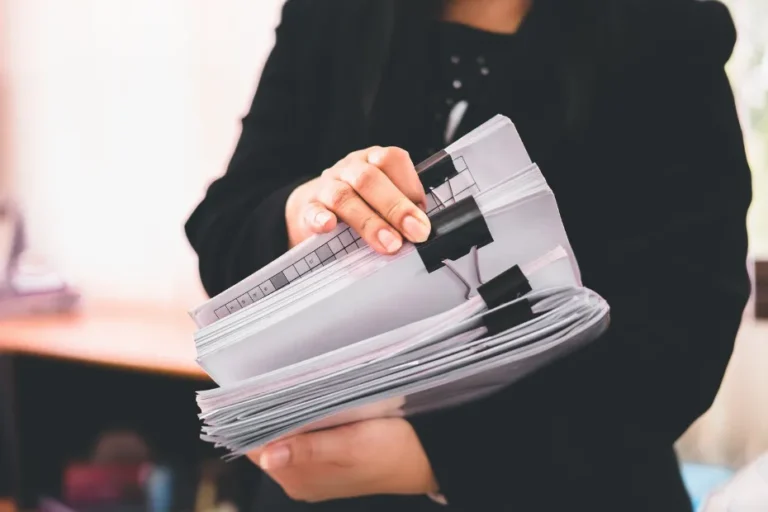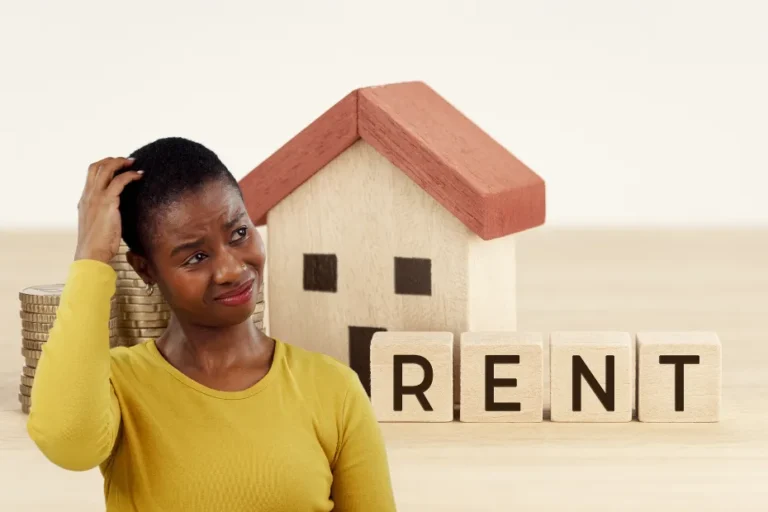Can a Landlord Shut off Utilities for Non-Payment of Rent?
A landlord can legally shut off utilities for non-payment of rent in certain circumstances. However, the specific laws regarding utility shut-offs vary by state and local jurisdiction.
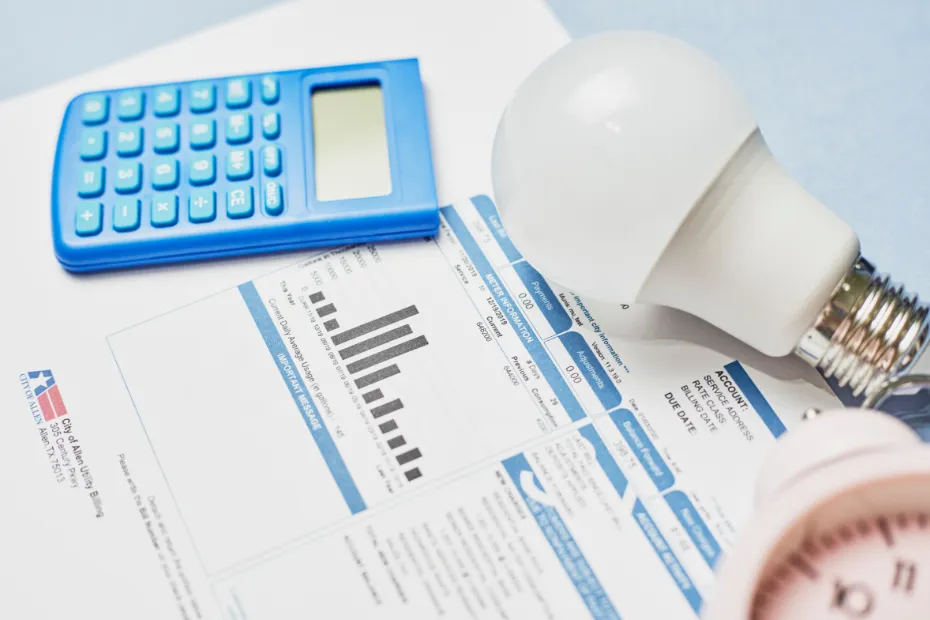
Landlord’s Rights And Responsibilities In This Case
Understanding the rights and responsibilities of both the landlord and the tenant is crucial when it comes to ensuring a smooth and fair rental agreement.
One important aspect to consider is the landlord’s ability to shut off utilities for non-payment of rent.
This not only impacts the tenant’s daily life but also raises questions about legal boundaries and obligations.
Rights And Responsibilities Of The Landlord
As a landlord, it is important to have a clear understanding of your rights and responsibilities, especially when it comes to handling utility shut-offs due to non-payment of rent. Here are the key aspects to consider:
Right to Receive Payment: As a landlord, you have the right to expect timely payment of rent from your tenants. It is your responsibility to clearly outline the terms of rent payment in the lease agreement.
Notice and Communication: Before taking any action, such as shutting off utilities, you are required to provide the tenant with proper notice. This notice should clearly state the amount of outstanding rent, the deadline for payment, and the consequences of non-payment.
Legal Procedures: In most jurisdictions, landlords are not allowed to personally shut off utilities for non-payment of rent. Instead, you may need to follow specific legal procedures, which may include seeking a court order or involving a third party.
Health and Safety: While the right to receive rent is important, it is equally important to prioritize the health and safety of your tenants. In situations where shutting off utilities would pose a significant risk to the tenant’s well-being, it may be prohibited or require specific measures to be taken.
Fairness and Discrimination: It is crucial for landlords to handle utility shut-offs fairly and without any form of discrimination. Treat all tenants equally and do not single out individuals based on protected characteristics such as race, gender, or religion.
Rights And Responsibilities Of The Tenant
Tenants also have certain rights and responsibilities when it comes to utility shut-offs due to non-payment of rent. Here is what tenants should be aware of:
Timely Rent Payment: It is the tenant’s responsibility to pay rent on time as specified in the lease agreement. Failure to do so may result in consequences like utility shut-offs.
Communication: If you are struggling to pay rent on time, it is important to communicate this with your landlord, preferably before the due date. Open and honest communication can help in reaching a solution that may prevent utility shut-offs.
Knowledge of Tenant Rights: Tenants have the right to know about their legal rights. Familiarize yourself with local tenancy laws and regulations to understand what protections are in place for you as a tenant.
Legal Procedures: If you believe that your landlord has illegally shut off utilities, you may have the right to take legal action. Consult with a lawyer or local authority to ensure that your rights are protected.
Prompt Resolution: When facing utility shut-offs, make prompt arrangements to address the issue and avoid further complications. Seek assistance from relevant organizations or programs that may offer support for utility payments.
Related Post: Can a Landlord Raise Rent Mid Lease? Know Your Rights!
Legal Restrictions On Landlord’s Actions
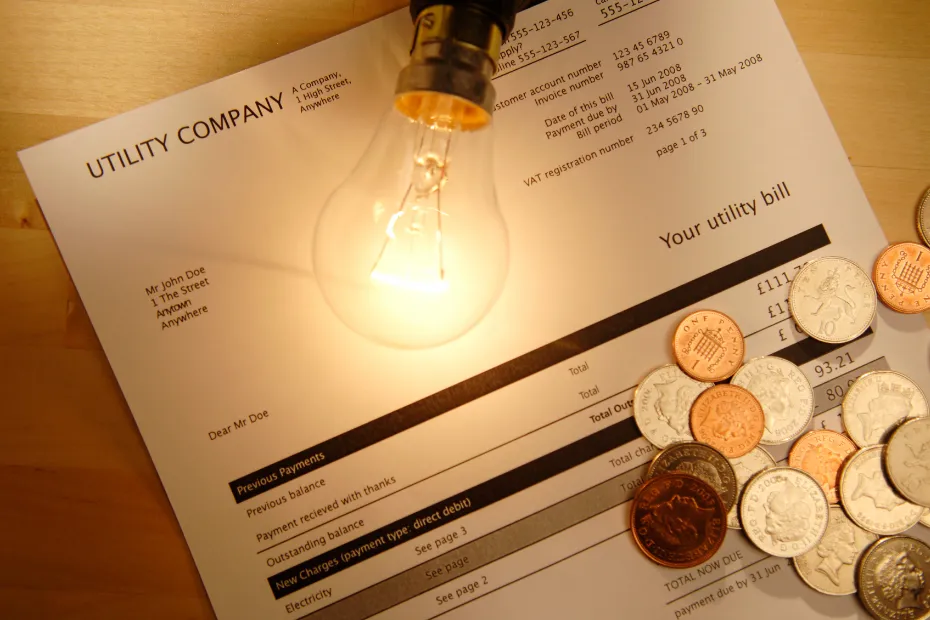
A landlord may not shut off utilities due to non-payment of rent. Legal restrictions prevent landlords from taking such actions, ensuring that tenants have access to necessary services.
As a tenant, it’s crucial to understand your rights when it comes to landlord-tenant relationships. One common concern that tenants have is whether a landlord has the right to shut off utilities as a consequence for non-payment of rent.
Fortunately, there are legal restrictions in place to protect tenants from excessive actions by their landlords.
Relevant Laws And Regulations
Several laws and regulations exist to safeguard tenants from having their utilities shut off as a punitive measure by their landlords.
One such law is the Federal Fair Housing Act, which prohibits landlords from discriminating against tenants based on protected characteristics such as race, color, religion, sex, national origin, familial status, or disability.
This act ensures that landlords cannot selectively shut off utilities based on a tenant’s protected status.
In addition to federal legislation, many states have their own regulations regarding landlord’s actions when it comes to shutting off utilities.
For example:
California, landlords are required by law to provide tenants with a written notice of at least 30 days before terminating utility services due to non-payment of rent or any other reason. This provision gives tenants a grace period to rectify the situation before facing a potential utility shut-off.
Prohibited Actions By Landlords
Landlords are bound by specific restrictions when it comes to shutting off utilities due to non-payment of rent.
These actions are collectively aimed at preventing landlords from taking advantage of their position and ensuring that tenants are not left without essential services. Some of the prohibited actions by landlords include:
- Self-help eviction: Landlords cannot resort to self-help eviction methods, such as shutting off utilities, changing locks, or removing a tenant’s belongings from the property. Such actions are illegal and can lead to legal consequences for the landlord.
- Retaliation: It is illegal for a landlord to shut off utilities in retaliation against a tenant who exercises their legal rights, such as reporting code violations or organizing a tenant association. This protection encourages tenants to speak up without fear of retribution.
- Disconnection without proper notice: The majority of jurisdictions require landlords to give adequate notice before shutting off utilities for non-payment of rent. This notice provides tenants with an opportunity to pay their outstanding rent or make alternative arrangements.
It is worth noting that while tenants have certain protections against utility shut-offs for non-payment of rent, it is always advisable to pay rent on time and communicate any financial difficulties with the landlord.
Open and transparent communication can often lead to more favorable outcomes for both parties involved.
Consequences And Remedies For Landlord’s Actions
When it comes to the question of whether a landlord can shut off utilities for non-payment of rent, it is essential to consider the potential consequences and the available remedies for both parties involved.
Landlords may resort to such action out of frustration or as a means to enforce rent payment.
Potential Consequences For Landlords
Landlords need to be aware that shutting off utilities as a method of forcing a tenant to pay rent can lead to significant legal and financial consequences. Some potential consequences a landlord may face include:
- Legal action: Tenants have rights, and shutting off utilities can violate those rights. Tenants can take legal action against the landlord, which may result in costly court proceedings and potential damages awarded to the tenant.
- Bad reputation: Word of mouth travels fast, and if a landlord is known for shutting off utilities, it can tarnish their reputation. This can make it difficult to attract and retain reliable tenants in the future.
- Possible fines: Depending on local and state laws, landlords who shut off utilities without proper legal justification may face fines imposed by relevant authorities.
Tenant’s Options For Remedy
If a landlord shuts off utilities due to non-payment of rent, tenants have several options for seeking remedy:
- Communicate with the landlord: The first step for tenants is to communicate with the landlord and attempt to resolve the issue. Keeping a record of all communication through email or written letters can be helpful if legal action becomes necessary.
- Know your rights: It is important for tenants to understand their rights in regards to utilities. Familiarizing themselves with local and state laws can help tenants determine whether their landlord’s actions are in violation of those rights.
- File a complaint: If communication fails and a landlord continues to withhold utilities, tenants can file a complaint with the relevant authorities. This can initiate an investigation, potentially leading to penalties imposed on the landlord.
- Seek legal assistance: In more severe cases, tenants may choose to seek legal assistance. An experienced attorney can help tenants navigate the legal process, protect their rights, and potentially seek damages against the landlord.
Landlords should explore alternative avenues for resolving disputes, such as negotiation, mediation, or seeking legal advice.
Tenants, on the other hand, should be proactive in understanding their rights and seeking appropriate remedies when faced with such actions by their landlord.
Related Post: Will Landlord Cover Bed Bug Expenses? Find Out Now!
Frequently Asked Questions
Can A Landlord Shut Off Utilities If The Rent Is Not Paid?
No, it is illegal for a landlord to shut off utilities as a means of collecting unpaid rent.
What Should I Do If My Landlord Threatens To Disconnect Utilities?
If your landlord threatens to disconnect utilities, contact your local housing authority or seek legal advice.
Are There Any Circumstances Where A Landlord Can Legally Shut Off Utilities?
No, landlords cannot legally shut off utilities for non-payment of rent under any circumstances.
What Legal Actions Can I Take If My Landlord Cuts Off Utilities?
You have the right to take legal action against your landlord if they illegally cut off utilities, such as filing a lawsuit for a breach of contract.
Final Thoughts
Landlords generally cannot shut off utilities for non-payment of rent due to legal restrictions. However, the specific laws regarding this issue may vary by jurisdiction.
It is crucial for both tenants and landlords to understand their rights and obligations, ensuring a fair and lawful approach to resolving rent payment disputes.
Seeking legal advice or mediation can be helpful in such situations. Remember, communication and understanding are key in managing any rental dispute.

